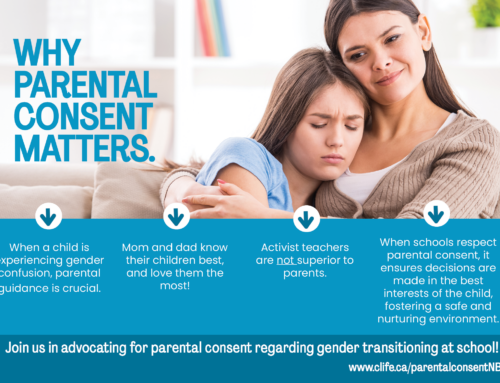By Interim StaffThis year’s session of the United Nations’ Commission on Human Rights in Geneva March 15 – April 23 was fraught with controversy, as delegates debated the creation of a new brand of human rights that included special recognition of homosexuals and access to abortion on demand.
Under a broad and vague theme entitled “the right of everyone to the enjoyment of the highest attainable standard of physical and mental health,” international legal scholar and special rapporteur Paul Hunt presented the commission with a report and recommendations that called for the expansion of international “reproductive rights,” including abortion, as well as for the creation of new “sexual rights.”
Despite the broad theme, the report had a very narrow focus. There were 49 paragraphs in the report dedicated to “sexual and reproductive rights.” In comparison, there were just five paragraphs on diseases that affect the world’s most impoverished people.
In his report, Hunt:
- expects governments to offer women information on where to get abortions, train and equip health service providers to commit abortions and ensure that abortions are available on demand
- requires countries to ensure that adolescents receive information on contraceptives and “sexual and reproductive health services” (which have been defined as abortion-inclusive), with no mention of parental knowledge or consent
- declares that “sexual rights include the right of all persons to express their sexual orientation without social interference”
Delegations from the United States, Sudan and Egypt vociferously spoke out against the report, stating that Hunt had exceeded his mandate by his insistence on using terms and language that had never been recognized by the international community.
A related resolution introduced at the CHR originally stated that the commission “welcomed” the Hunt report – a term that constituted strong support and endorsement. Several countries, including the United States, insisted on changing that word and replacing it with “takes note” – a term that merely implied acknowledgment.
Another of the many controversies that raged at the highly politicized meeting dealt with a Brazilian-led resolution on the still-undefined term “sexual orientation.” Ever since sexual orientation language was introduced by the Canadian delegation at the Cairo Conference on Population and Development in 1994, there has been strong lobbying from groups such as the International Lesbian and Gay Association to include it as a human right.
At the CHR meeting in 2003, Brazil introduced a resolution declaring sexual orientation is a human right that cannot be legislated against and must be recognized and protected by the government. It was defeated by a “no action” motion that forced the matter to be put off for one year.
At this year’s commission, it seemed that Brazil would again try to introduce a sexual orientation resolution. Groups on both sides of the issue spent the weeks leading up to the meeting bombarding commission members with e-mails.
Because of increasing pressure from Muslim nations, the Vatican and pro-family groups, Brazil announced that it would not introduce it. It cited insufficient international support. However, the Brazilian delegation announced its intention to introduce the topic again in 2005.




